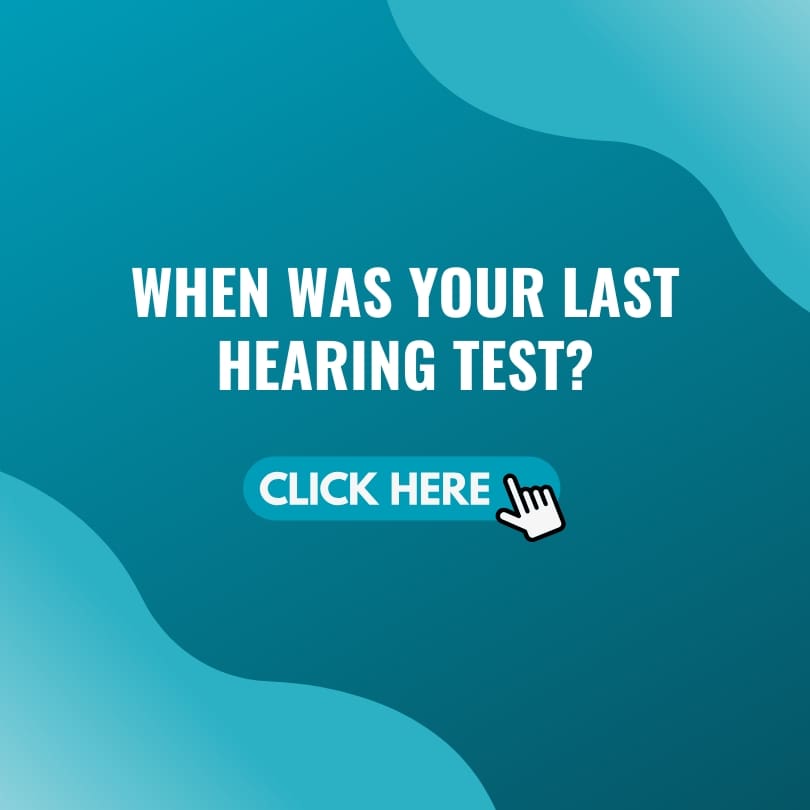As you age, you may start noticing subtle changes in your hearing ability, which can gradually become more pronounced. Age-related hearing loss, known as presbycusis, is the most common hearing challenge affecting many older adults.
By understanding its effects on your overall health and how to manage it, you can not only take control of your hearing health but also maintain your quality of life.
What Is Presbycusis?
Presbycusis is a type of sensorineural hearing loss that occurs naturally as part of the aging process. It can affect both ears and usually progresses gradually over time.
This condition predominantly involves the loss of high-frequency sounds, making it challenging to hear soft-spoken voices or the chirping of birds. It’s widespread among adults over the age of 65, affecting about one-third of the older population.
Causes and Risk Factors
Natural Aging of the Auditory System
Presbycusis can result from several causes, the most common being the natural aging of the auditory system.
The process of aging affects the tiny hair cells in your inner ear that are responsible for transmitting sound signals to your brain. As these hair cells get damaged or die naturally over time, your ability to hear high-frequency sounds diminishes.
Lifetime Noise Exposure
Over the years, noise exposure from daily activities such as traffic, industrial noise, or loud music can also contribute significantly to this condition.
Repeated exposure to loud noise can accelerate the onset of presbycusis. If you have spent years in noisy environments or enjoy loud music, this exposure may have caused gradual damage to your hearing system.
Genetic Predispositions
For some, genetics plays a crucial role. If your family has a history of hearing loss, you might be genetically predisposed to presbycusis. This hereditary factor increases your vulnerability to early onset of the condition.
Symptoms to Watch For
The symptoms of presbycusis can sometimes be subtle and may progress slowly, not emerging until they start to affect your quality of life.
High-Frequency Loss
You may find it difficult to hear high-pitched sounds, including female or children's voices.
Speech Understanding
There might be trouble understanding speech, especially in noisy surroundings, which can be frustrating in social situations.
Muffled Sounds
Everyday sounds may seem muffled or less clear.
How Presbycusis Impacts Your Quality of Life
Presbycusis does more than affect your ability to hear – it impacts the way you interact with the world.
Communication Challenges
Difficulty in understanding conversations can lead to misunderstandings or avoidance of social situations, which can be frustrating.
Emotional Effects
It is common to feel isolated or frustrated due to these communication barriers, potentially leading to anxiety or depression.
Connection to Cognitive Decline
Research suggests a possible link between untreated hearing loss and an increased risk of cognitive decline, including dementia.
Diagnosis and Management of Age-Related Hearing Loss
Receiving a proper diagnosis and managing presbycusis can significantly improve your quality of life.
Regular hearing assessments are crucial in identifying the severity of hearing loss. Your local team of hearing health experts may perform various diagnostic tests to evaluate your hearing abilities accurately.
Addressing presbycusis typically involves:
Comprehensive Hearing Assessments
Comprehensive Hearing Assessments: With a hearing test, your hearing healthcare provider can fully understand your hearing health and what your ears need to succeed in the face of presbycusis.
Advanced Hearing Aid Technology
Advanced Hearing Aid Technology: These devices are tailored specifically for those with presbycusis to enhance sound clarity and improve communication.
Assistive Listening Devices
Assistive Listening Devices: Tools such as amplified telephones or personal listening systems can provide additional support in your daily communications.
Take Control of Your Hearing Health
If you notice any symptoms of presbycusis, don’t ignore them. Early diagnosis and management are vital.
Visit us for comprehensive hearing care that will address your presbycusis and improve your quality of life!
Contact us to schedule an appointment or request a callback today to get started.



